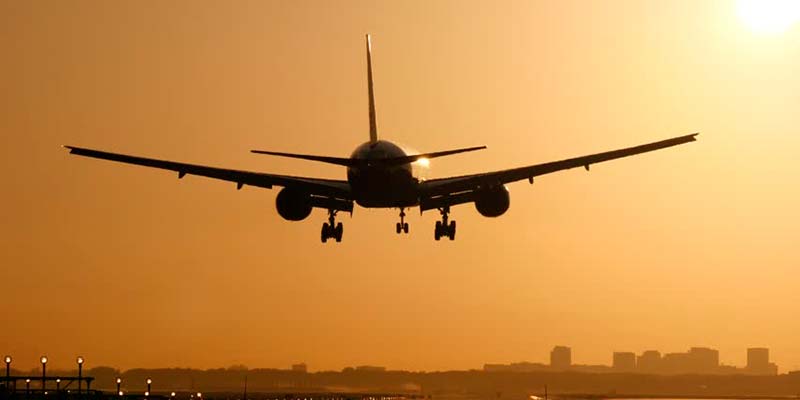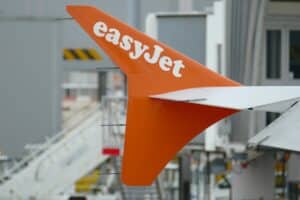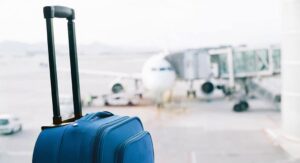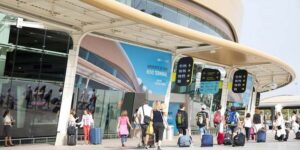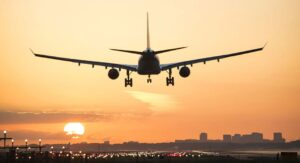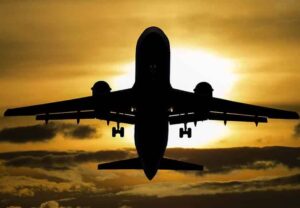All Portuguese airports are to be locked down for Easter.
The government’s message – up till now fairly gentle – that this year we have to forget the holiday suddenly became deadly serious.
Outlining new measures to face the pandemic, prime minister António Costa said early this evening that the country is at a “very difficult moment” that demands the effort of everyone.
Thus televised entreaties to emigrés ‘not to come home this year, as you won’t be able to leave the house’ have now morphed into a stark ‘fait accompli’: “You can’t come”.
Border guards will be strictly controlling land crossings from Spain, and the numbers of people allowed in any one vehicle at a time is to be reduced to two.
From midnight on Thursday April 9 to midnight on Monday April 13, the country will be hunkering down in a way it hasn’t since the dark days of the dictatorship.
Other measures introduced during this second phase of Portugal’s virus-led State of Emergency are ‘jail pardons’ for the most vulnerable, partial pardons for ‘minor crimes’ involving sentences of two years and for prisoners who are on the last two years of their term, and extended prison furloughs (of up to 45 days).
Any prisoner released from jail will be expected to self-isolate at home like the rest of the country, and re-offending could result in them being sent straight back.
In the labour sphere, AT tax inspectors are to have the powers to ‘suspend’ any incidents of ‘illegal’ collective dismissal.
Other measures:
- Hospital charges for Covid-19 patients to be waived.
- Deadlines for clearing land ahead of the fire season to be extended (beyond April 15)
- Mandatory doctors visits for anyone arriving from a list of countries (to be released by health authorities)
- Airplanes, when they are flying, must do so only at ⅓ capacity.
All these measures were outlined after the government announced that Easter will see everyone confined to the borough in which they reside.
The only exceptions will be people who have to leave the borough for reasons of work, in which case they must be carrying a confirmatory declaration with the address at which they will be working clearly stipulated.
As the country started digesting these new do’s and don’ts, President of the Republic Marcelo Rebelo de Sousa took to evening time television to reinforce the message that the country won’t win this battle unless everyone pulls together.
The road ahead “is very long and demanding”, he said, and the battle one with four clear phases.
We have won the first phase – of containing the spread of the virus so that health services were spared rupture. Daily percentage growths in terms of infections needing hospital treatment have been brought down from 30-40% to 15-20%. In the last few days, they have even been lower than this, he said.
Thus April is crucial: the start of the second phase. The country has to consolidate on the all the work done so far and ensure that the percentage growth of infections keeps being reduced.
Once we have ‘won’ the second phase – which includes coming to a workable solution for the hundreds of thousands of school-children and students that have been working from home for the last two week – we will be ready for phases three and four, which will see the country finally emerge from crippling lockdown and start to rebuild its economy.

